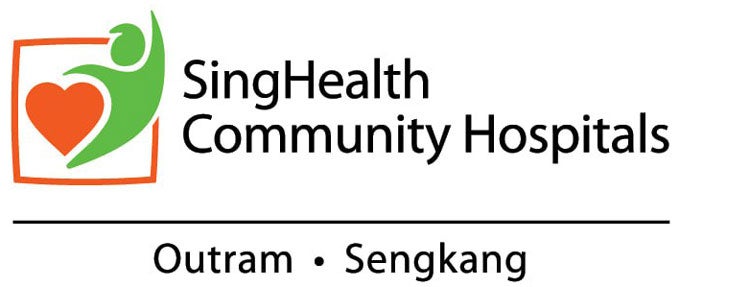SingHealth Community Hospitals will NEVER ask you to transfer money over a call. If in doubt, call the 24/7 ScamShield helpline at 1799, or visit the ScamShield website at www.scamshield.gov.sg.
No Food, No Drink, No Problem!
- Meaningful Last Moments
- Breathing Life into Work
- The Art of Origami
- Playing to our Strengths
- Circle of Kindness
- Caring For Others
- We Got Your Back!
- Mdm Wong's Story - IPCA 2023
- Wong Yin Khay's Story - IPCA 2023
- Mdm Chua's Story - IPCA 2023
- Mr William Woo's Story - IPCA 2023
- World Family Doctors Day 2023
- Love & Be Loved
- World Family Doctors Day 2023
- Return to Wellness with Social Prescribing
- One Good Deed Deserves Another
- Bringing Joy to the Wards
- The Social Prescribing Journey
- Finding Harmony
- A Match Between Two Lifelong Loves
- Our Unfading Passion
- Lessons from Justice Pao
- From Dreaming to Healing Part One
- From Dreaming to Healing Part Two
- Once A Patient, Now A Caregiver
- Inspiring Encounters
During Ramadan, which falls from 22 March to 21 April this year, Muslims observe fasting every day from dawn till dusk. It is a time of spiritual discipline, remembering the less fortunate, and a reminder to be appreciative of what they have.
For our Muslim colleagues on the frontline, the difficulty level is cranked up due to the physically strenuous nature of their job, and especially for those working shift hours.
Despite so, there's no stopping our colleagues from carrying on their work steadfastly and continuing to provide quality patient care! We hear from some of them as they share what Ramadan means to them, and how they find ways to practise fasting and breaking fast while fulfilling their duties.

Muhammad Rusydi Bin MD Norr, Staff Nurse, BVCH
"Muslims break fast at sunset, which usually coincides with the evening medication rounds. I would take a quick 10 minute break to break my fast with a cup of water and dates. If time permits, I can have a proper meal after medication duty else I will eat at home after work. Ramadan is akin to a spiritual boot camp where we strive to do our best in all aspects of our life. We get to develop a greater understanding of those who struggle, practise patience, and this helps me to empathise better with our patients and colleagues."

Sarena Binte Rahim, Senior Staff Nurse, SKCH
"Fasting during the holy month of Ramadan is challenging, especially for nurses. Besides the physical demands of our job, we have to delay breaking fast at times when there are patients to attend to urgently. To overcome these challenges, I eat a well-balanced pre-dawn meal to sustain my energy level through my shift. I plan and rotate my breaks with my colleagues so that patient care is not affected when I break my fast. During this month, Muslims are also encouraged to do good. With this in mind, I fulfil my duties to my patients to the best of my abilities."
Keep Healthy With
@2025 SingHealth Group. All Rights Reserved.
















